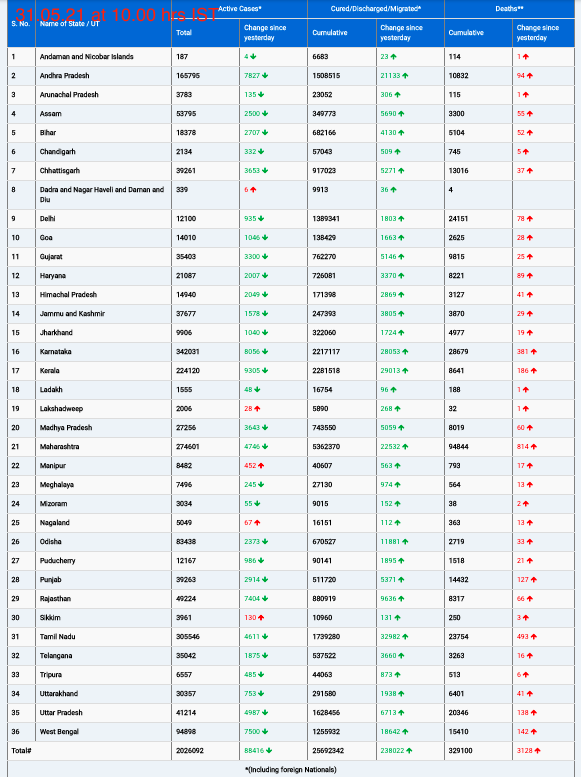Stockholm, 5th June 2024 — New research presented at the 26th European Congress of Endocrinology suggests a potential link between elevated cortisol levels in the third trimester of pregnancy and decreased intelligence quotient (IQ) scores among 7-year-old boys. The study, conducted by researchers from Odense University Hospital in Denmark, underscores the differential impact of cortisol on fetal development based on gender.
Cortisol, a hormone crucial for managing stress responses, typically increases during pregnancy. Previous studies have indicated that mothers carrying girls tend to have higher cortisol levels than those carrying boys. However, the current study introduces a nuanced understanding by examining both cortisol and its inactive form, cortisone, and their respective impacts on children’s cognitive abilities.
Lead author Dr. Anja Fenger Dreyer highlighted the novelty of their findings, stating, “Our study is the first to explore the association between urine cortisone levels during pregnancy and IQ scores in children, distinguishing between boys and girls.” The research involved 943 pregnant women whose cortisol and cortisone levels were measured during the third trimester, with corresponding IQ tests conducted on their children at age 7.
Key findings revealed that boys exposed to higher levels of cortisol in utero tended to score lower on IQ tests, contrasting with girls who showed improved scores when their mothers exhibited higher cortisone levels. This disparity suggests varying susceptibilities to prenatal cortisol exposure, possibly mediated by placental enzymes.
“This study adds a critical dimension to our understanding of prenatal hormone exposure and its lasting effects on cognitive development,” noted Dr. Fenger Dreyer. “While previous research highlighted positive associations between cortisol and early language skills, our findings indicate a potential negative impact on long-term cognitive abilities, particularly in boys.”
The findings emphasize the complex interplay between maternal physiology and fetal development, urging further investigation into the mechanisms by which cortisol influences brain development. Understanding these dynamics could pave the way for targeted interventions to support cognitive health in children exposed to elevated prenatal cortisol levels.
The research underscores the importance of considering gender-specific impacts in future studies on prenatal stress and child development, highlighting potential avenues for mitigating adverse outcomes in at-risk populations.
About the European Congress of Endocrinology: The congress serves as a premier platform for presenting cutting-edge research in endocrinology, fostering collaboration among global experts to advance understanding and treatment of endocrine disorders.
For further details and expert insights, the full study will be published in the upcoming issue of Endocrine Connections.
Contact: Dr. Anja Fenger Dreyer, Lead Researcher Odense University Hospital, Denmark Email: anja.dreyer@ouh.dk
This article encapsulates the pivotal findings presented at the conference, offering a glimpse into the ongoing exploration of cortisol’s role in prenatal development and its implications for childhood cognitive function.












